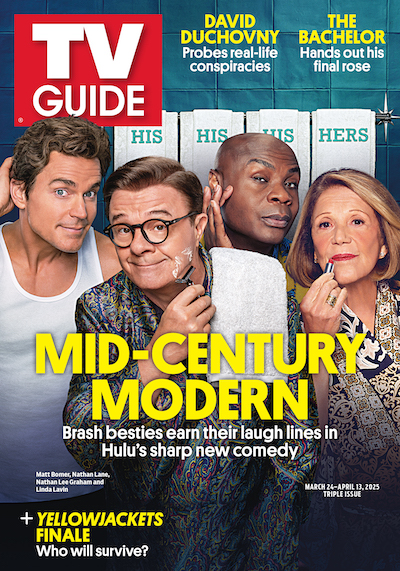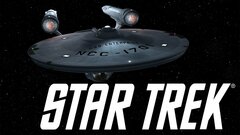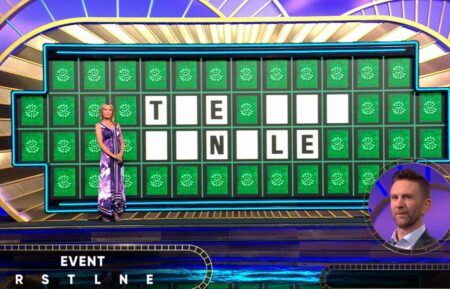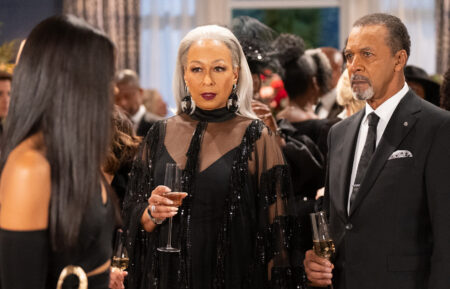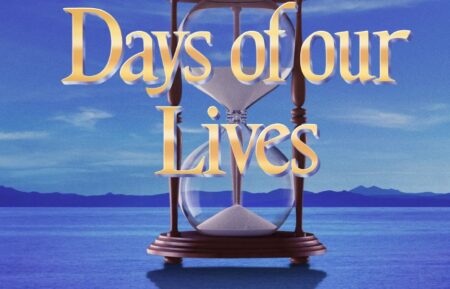Leonard Nimoy’s Son Adam on Making ‘For the Love of Spock’ a Reality
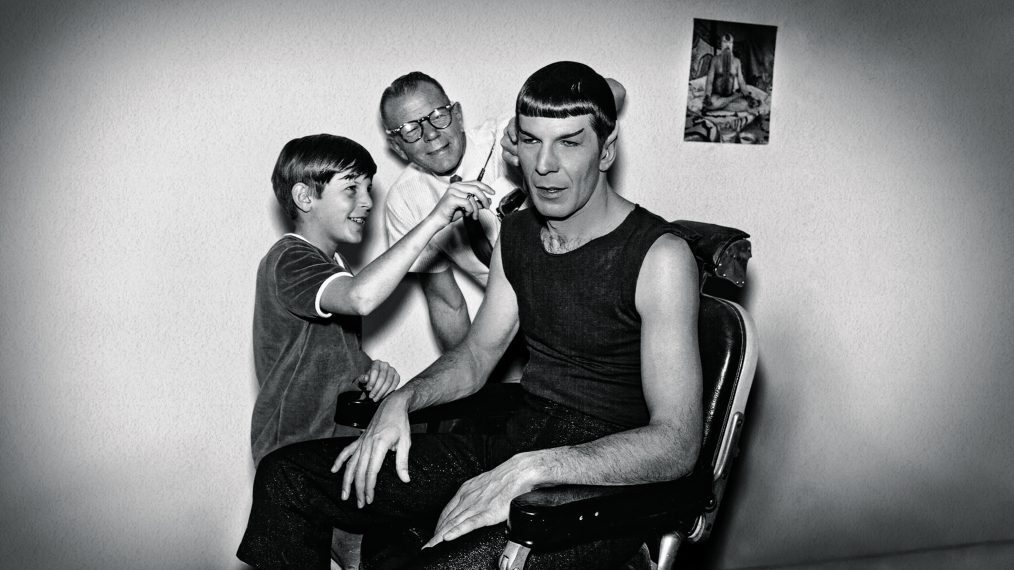
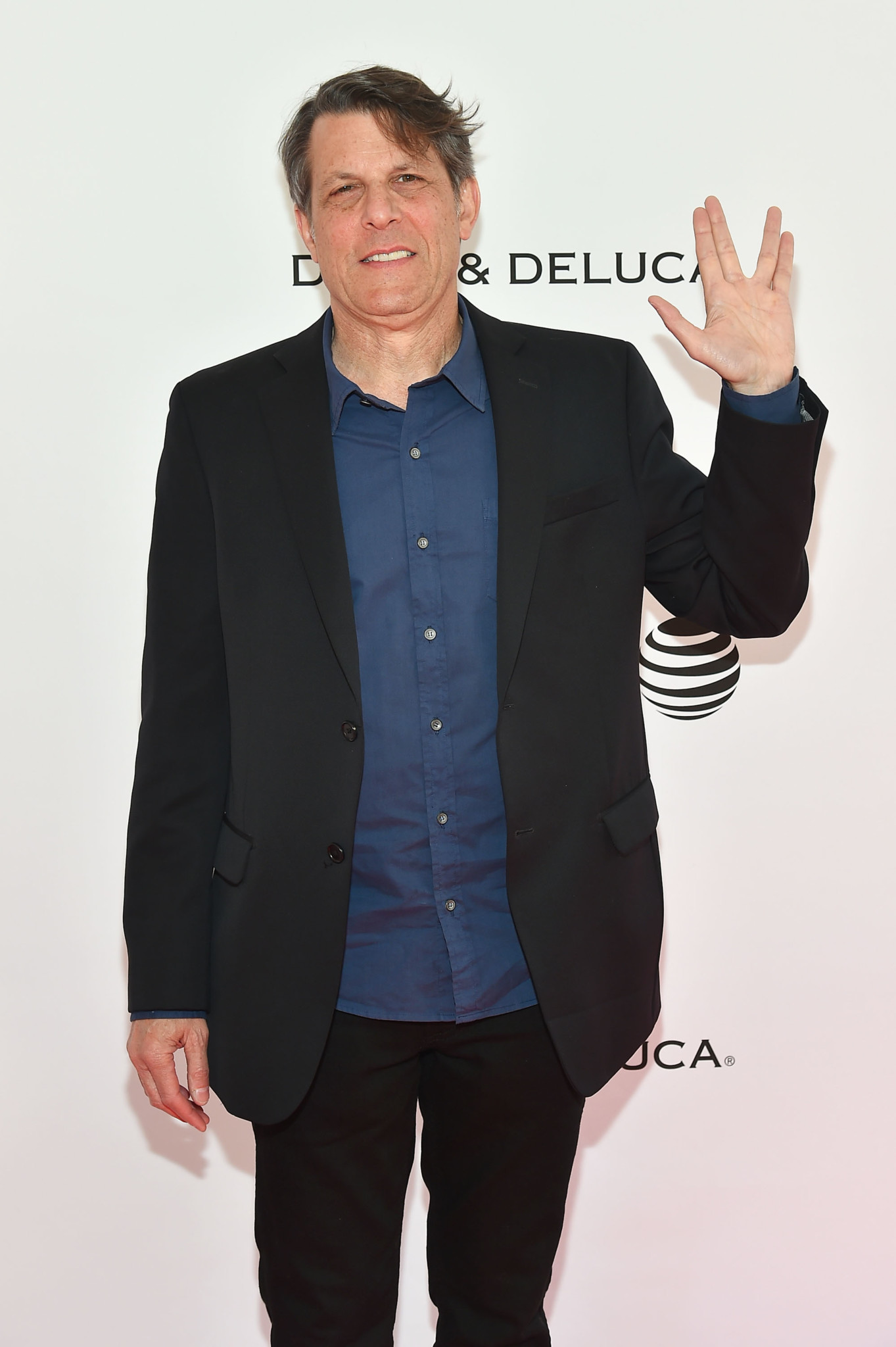
Adam Nimoy
Leonard Nimoy was known to generations of Star Trek fans as the inimitable Mr. Spock, the highly logical Vulcan science officer of the original series (and beyond). But to Adam Nimoy he was Dad. Here, the younger Nimoy, an entertainment lawyer turned director, opens up about For the Love of Spock, his touching new documentary (available on iTunes and opening in theaters and on demand September 9), which pays homage to his late father and the role that made him an international icon.
My dad and I started working on For the Love of Spock in November 2014. We had recently completed a film about his early life in Boston. It was such a great bonding experience that I suggested we do a Spock documentary to commemorate Star Trek’s 50th anniversary. He was very enthusiastic, and I wanted to get a camera crew in to talk to him right away, but he didn’t feel any urgency. And then, three months later, on February 27, 2015, he was gone.
Our original concept was for the film to be totally about Spock. My dad was very concerned that it not be a celebration of the life of Leonard Nimoy. But once he passed away and there was such an outpouring of emotion from fans all over the world about the loss not only of Mr. Spock but the artist and humanitarian Leonard Nimoy, it became perfectly clear to me that I had to expand and include his life and legacy.
RELATED: Smithsonian Channel’s Building Star Trek Looks at Enterprising Tech and That Landmark Kiss (VIDEO)
The company 455 Films helped produce the movie. They’d done several documentaries with Bill Shatner, so they knew the liturgy of Star Trek. The title has a double meaning for me, because not only do I love the character, but I was always trying to win my father’s love.
We needed more funding, so thinking about Star Trek’s huge fanbase, we went to Kickstarter. Bill Shatner and George Takei were very helpful with letting their fans know about our project on social media. I’m greatly indebted to Bill, who also gave me signed pictures to sell. We generated about $672,000 from just under 10,000 fans.
Everyone we approached wanted to talk about my father, including the living original Trek cast members—Bill and George, Walter Koenig and Nichelle Nichols—and directors of Star Trek feature films Nick Meyer and J.J. Abrams. Neil deGrasse Tyson and NASA scientists salute Spock, and The Big Bang Theory’s Jim Parsons also appears in the film. Over the years, Dad was approached by a lot of people in the sciences who said that Spock was a great inspiration. They’d even show him their research for comments! He was flattered by that.
What I found most surprising was the incredible love and respect that the new crew of the Enterprise in the J.J. Abrams universe had for my dad, particularly Zachary Quinto, the heir to the role of Spock. They told us that even though he’s gone, he was very much with them as they made Star Trek Beyond, the first Star Trek movie since he passed away. That overwhelmed me.
RELATED: As Star Trek Turns 50, Gene Roddenberry’s Vision Endures
Spock was actually a challenge to Dad. He had a logical side, but he was also a very emotional being, and he had to find a balance of how to portray the character’s internal feelings without expressing them verbally. That really disciplined him as an actor. It helped, as we discuss in the film, that Bill was so extroverted. Dad could play off that and be the introverted character.
In another way, my father really identified with Spock. He always considered himself an outsider—the son of Russian Jewish immigrants raised in an ethnic neighborhood—who wanted to get out and integrate himself into American society. That was Spock’s whole objective as a half-alien trying to function with an all-human crew.
Dad understood that the hope Star Trek offered for the future resonated with fans. The series started airing in the fall of 1966, only four years after the Cuban Missile Crisis, so there was real concern about nuclear war with Russia. To have a show with a Utopian view where all kinds of people—including the Russian Chekov—share the bridge of the Enterprise was an idealism that people needed.
The Star Trek fanbase really made the show take off, particularly in syndication in the ’70s. Throughout his life, Dad made many personal appearances at conventions, book signings and college campuses to show his gratitude for what they had done to help propel the show into the stratosphere—which created a lot of opportunities for him to do other things, including directing two Star Trek movies.
He had wanted to direct for a long time. I remember when I was a young kid my mother, Sandi Zober, dropped Dad off at MGM Studios one day so he could follow around Joe Sargent, who was a director on The Man From U.N.C.L.E., because Dad wanted to learn about the craft. Directing Star Trek IV was a highlight of his career. He was very proud of what he accomplished there as well as with Three Men and a Baby. It was a new artistic challenge for a Renaissance man who wanted to continually find new ways to express himself artistically.
My dad’s true genius was bringing his personal experience into a role to make it uniquely his. He gave a lot of himself to Spock. That’s why the character is so interesting on so many levels. He was emphatic when I was learning to direct that I find something in the story that I could bring my own experience to and take it to another level.
In For the Love of Spock, I asked people for a word to describe Leonard Nimoy. Mensch and noble came up, but my word would be passion. This was a man who believed that you have to be passionate about the work you do and the way you live your life. That’s why he went into acting. That was a key word that guided his life and something that he tried to instill in me. I’m really grateful. —As told to Ileane Rudolph
From TV Guide Magazine
How Hulu's 'Mid-Century Modern' Is a 'Golden Girls' for Our Times
Settle in for some older and bolder laughs with the BFFs of a certain age in the new comedy starring Nathan Lane, Matt Bomer, and Nathan Lee Graham. Read the story now on TV Insider.

